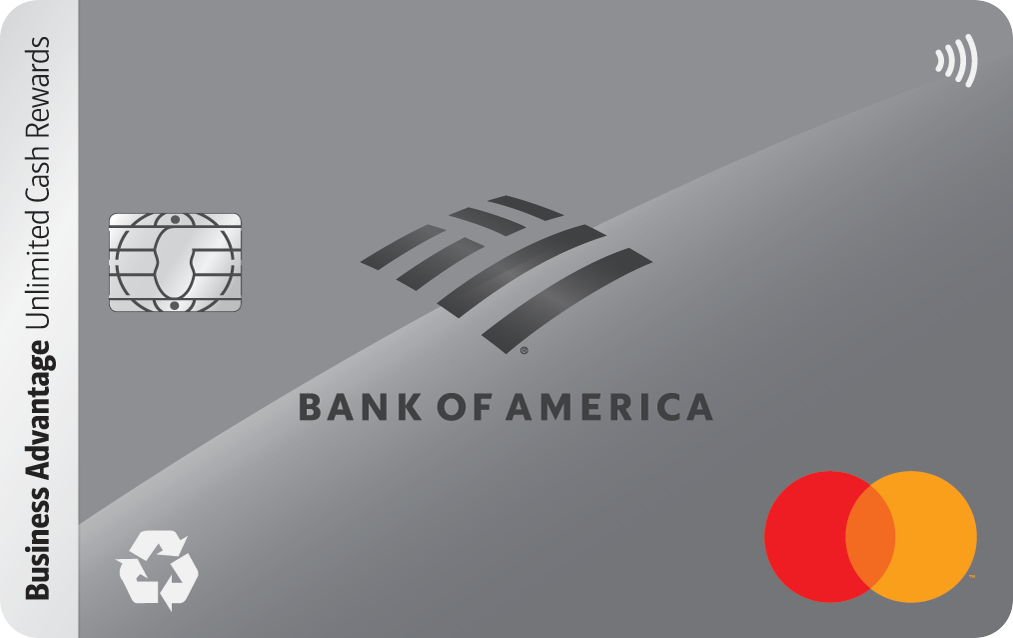Too Much Money in Savings? Here's How Much You Really Need

Image source: Getty Images
Keeping tons of money in your savings account might feel like a smart move, but it could actually be costing you money.
Cash in the bank is never a bad thing -- but once you've built a solid emergency fund, the rest of your money is better off elsewhere.
Here's how much you should keep in your savings account, and what to do with the rest of your cash.
Keep a few months' worth of expenses
A good rule of thumb is to keep three to six months' worth of living expenses in your savings account at all times. That's your emergency fund: money you might need in the event of job loss, medical bills, or other surprise expenses.
If you want to be conservative, you can even go a bit further -- say, eight to 12 months of expenses. If you save beyond that, though, you're missing out on opportunities to grow your money.
That's because the average savings account APY is just 0.39%, according to the Federal Reserve, meaning most people are earning next to nothing on their cash.
Luckily, there's a better place to keep your emergency fund: a high-yield savings account from an online bank, the best of which pay 4.00% APY or higher. That's 10 times more than the national average just for switching.
You'll also be FDIC-insured up to $250,000 and still keep total access to your money -- making it the perfect place to stash your emergency fund.
Ready to supercharge your savings? Open one of our favorite high-yield savings accounts today.
3 better places for your cash
Once you've built your emergency fund, you'll want to put your excess cash in a place where it can grow. Here are three great options.
1. Individual retirement accounts (IRAs)
IRAs are tax-advantaged accounts designed to help you save for retirement. You can use them to invest in stocks, bonds, mutual funds, and more, although they have yearly contribution limits.
Because of their tax advantages, they're one of the best places to grow money long-term. Traditional IRAs offer tax-deductible contributions up front with taxable withdrawals later, while Roth IRAs use after-tax contributions for tax-free withdrawals in retirement. Also, investments inside an IRA aren't subject to capital gains or dividend taxes.
The stock market is historically one of the best places to invest. From 1980 to 2024, the S&P 500 returned an average of 12% per year, including reinvested dividends. That means if you'd invested $100 in the S&P 500 at the start of 1980, your portfolio would have been worth $16,356 by the end of 2024.
2. Brokerage accounts
Brokerage accounts come with the same investment options as IRAs, only anyone can open one and invest as much as they want. You won't get the tax advantages of IRAs, but they're great for investments you might want to access before retirement.
Want to start investing for your future? Open one of our favorite brokerage accounts in minutes today.
3. Certificates of deposit (CDs)
CDs let you lock in a fixed interest rate for a set period of time. Right now, our favorite CDs have rates as high as 4.25% APY -- and unlike HSYAs, CD rates won't change for the length of your term. That makes them great for medium-term savings you don't need access to right away.
One great option right now is a Synchrony Online CD with a 15 Mo. term that's currently paying 4.25% APY. No minimum deposit required!
On Synchrony Bank's Secure Website.
When to keep more cash in savings
There are times when holding on to more cash might make sense. If you're planning for a major purchase, for example, like a down payment on a house, then a savings account is a great place to keep those funds.
Otherwise, tens of thousands sitting in a savings account is a missed opportunity.
Keep your emergency fund in a high-yield savings account to keep your cash growing. And for everything else, consider investing through IRAs and brokerages to start building substantial wealth.
Our Research Expert




